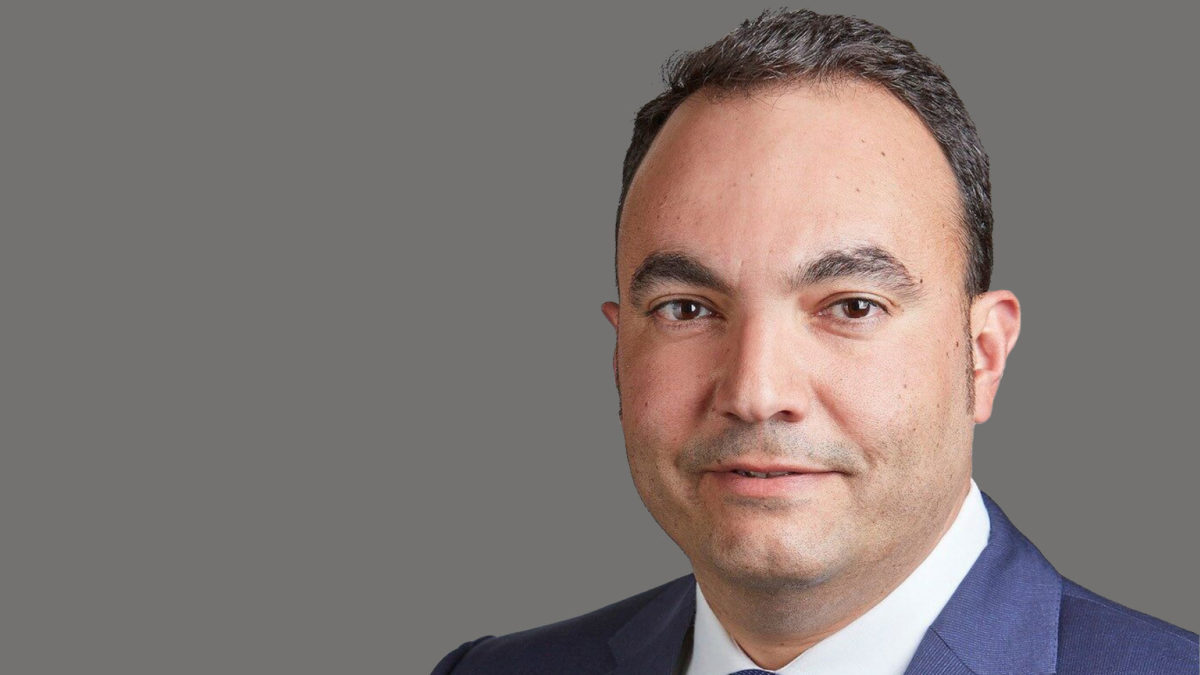Top global funds also highest on ESG score
NZ Super, the Future Fund and Norway’s NBIM are among the top-performing government funds, as well as having the highest level of governance and sustainability, according to a study by SWF Global.
The study, of 52 of the world’s largest funds, attempts to illustrate the connection between good governance with sustainability processes and investment returns. It finds a “moderate positive relationship” – a co-efficient of 0.52.
SWF Global, a US-based privately owned information company focusing on sovereign wealth funds and public pension funds, has developed an index, the GSR Scoreboard (Governance, Sustainability and Resilience), to measure and rank the long-term financial strength of the funds.
The Future Fund comes in first on the GSR score, ahead of Sweden’s six AP pension funds (AP1-7), which just pip NZ Super for the calendar years 2015-2020. But NZ Super is the winner in investment returns, with 9.5 per cent a year, ahead of the AP funds (9.4 per cent) followed by Canada Pension Plan’s CPP Investments (9.3 per cent). The Future Fund’s return was 8.0 per cent, according to the study. Like most studies of its kind, figures were converted to US dollars (see full report).
In his commentary on the study, Diego López, SWF Global managing director, says: “There are no surprises in the best-in-class category. NZ Super, Future Fund and NBIM lead the SWF pack, while AP Funds, CPP and CDPQ show the way for pension management. When it comes to SOIs (state-owned investors), doing good is good for business.”
The report admits that comparisons on investment returns may be misleading, because of the necessity to make estimates due to different reporting periods for the funds in its universe. The two Australasian funds report to June 30 years while most of the others – mainly northern hemisphere funds – are on calendar years.
It says its GSR score was developed to test the strength of funds through various crises. It dates back past the global financial crisis of 2008, testing governance, the Paris Climate Agreement of 2015, testing sustainability, and covid-19 last year, testing resilience.
Lopez says: “The cases of NZ Super and Sweden’s AP Funds seem to indicate that there is a correlation between maintaining high governance and sustainability standards and achieving superior financial returns. To prove this, we have examined the latest results of Global SWF’s GSR Scoreboard and the average returns over 2015-2020, for 52 different State-Owned Investors.
“We have found a “moderate positive relationship”, with a correlation coefficient of 0.52, between the two variables. In other words, those funds that do not look after proper governance and sustainability, do not generally perform very well. This is true for ADIA, GIC and Khazanah and could also be the case for KIA, OIA and QIA, but we were unable to estimate their returns.
“There are some exceptions, as CIC, KIC and PIF have managed to perform well despite having lower-than-average GSRs. On the flip side, funds like ISIF, GPIF and Temasek have high GSR standards but show lower-than-average financial returns.”











